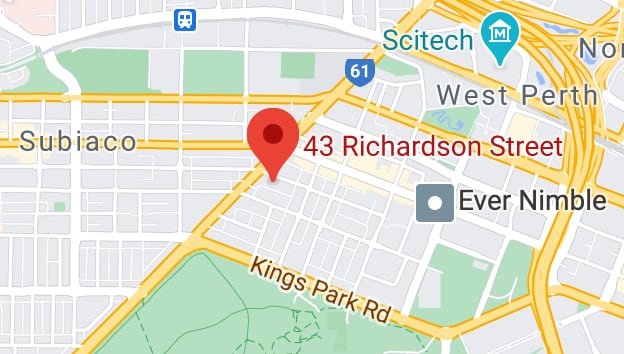Müllerian Anomalies
When a female embryo forms, the Müllerian ducts develop into the female reproductive tract. This includes the fallopian tubes, uterus, cervix and upper two thirds of the vagina. A wide variety of anomalies of malformations can occur when the Müllerian ducts do not develop correctly.
What are Müllerian Anomalies?
Müllerian anomalies occur during fetal development. When an embryo forms, two sets of organs develop: one that can form into female sex organs (Müllerian ducts) and one that can develop into the male sex organs (Wolffian ducts). A Müllerian anomaly occurs when the Müllerian ducts, responsible for the development into the female reproductive tract (incl the fallopian tubes, uterus, cervix and upper two thirds of the vagina) do not develop correctly.
Causes, Types and Diagnosing
What causes Müllerian Anomalies?
There is not a singular cause for müllerian anomalies. Some may be hereditary, others may be attributed to a random gene mutation or developmental defect. While up to 4% of women may have a müllerian anomaly, many women with this problem might not be diagnosed.
What types of Müllerian Anomalies Exist?
Most müllerian duct anomalies are associated with functioning ovaries and age-appropriate external genitalia. There are several different forms of müllerian anomalies ranging from the absence of a vagina or uterus to the formation of a half uterus or a double uterus to a uterus divided by a septum. All types affect the reproductive tract in varying degrees.
How is the Condition Diagnosed?
Müllerian anomalies are often recognised at the onset of puberty: when an adolescent begins to menstruate or when a young female fails to get her period. The condition may also be diagnosed when a woman has trouble falling pregnant, or maintaining a pregnancy. Some anomalies are associated with abdominal or pelvic pain, discomfort during sex, or menstrual abnormalities. Imaging technology such as an ultrasound or MRI can diagnose a müllerian anomaly.
As a young girl, you need a safe, nurturing environment to talk about women's health. As a parent, you can count on my own experience as a specialist, as a woman, and as a mother. My first step is to make sure that we are all comfortable to talk about any type of gynaecological topic.
Dr Hunter

Request an appointment
My Practice

Dr Tamara Hunters consults at The Woom
43 Richardson St
WEST PERTH WA 6005
Call: 08 9388 7780

